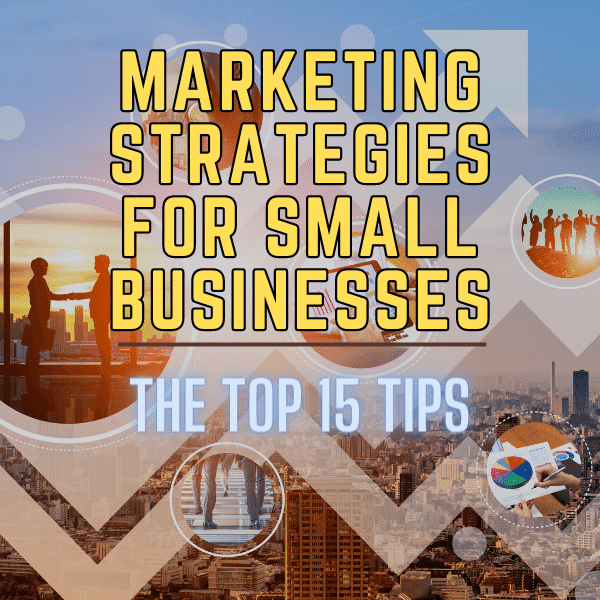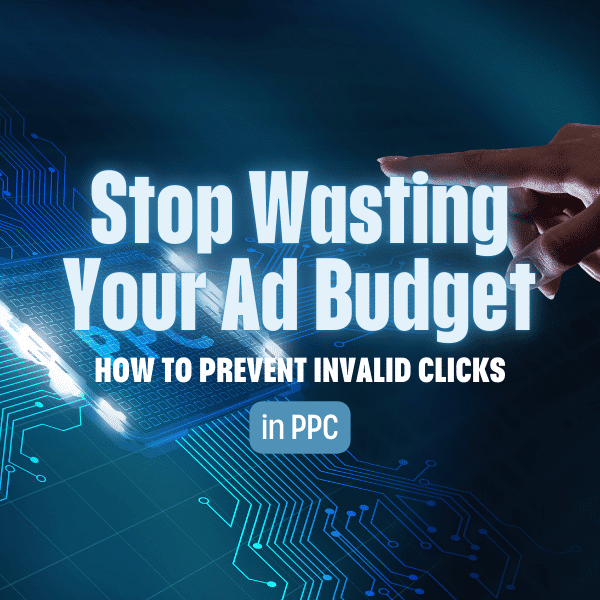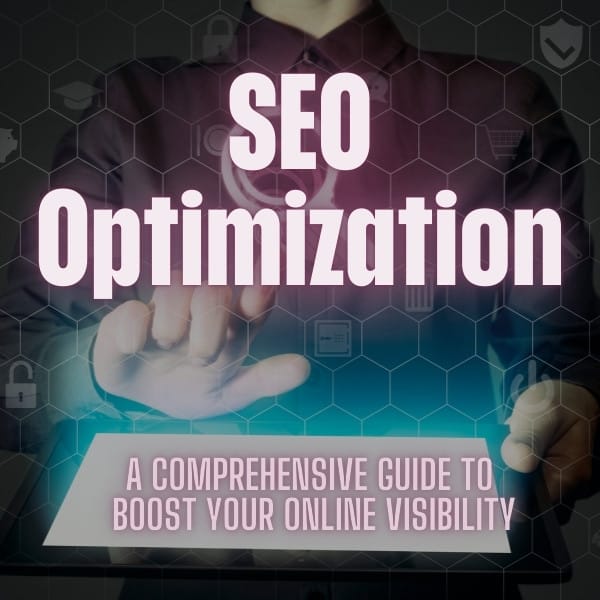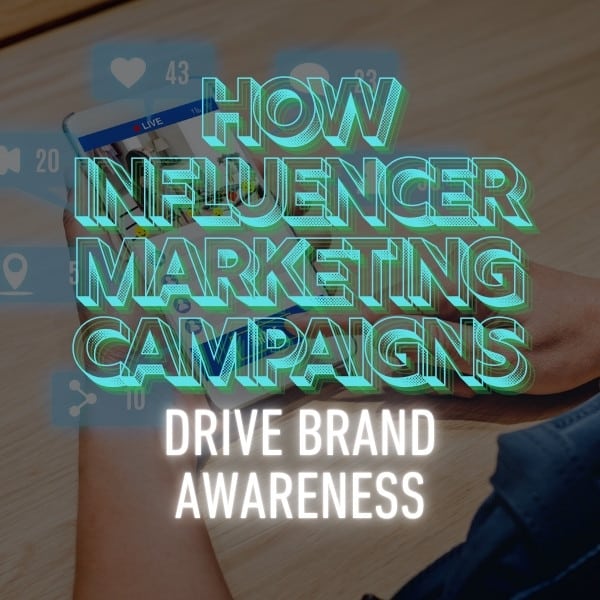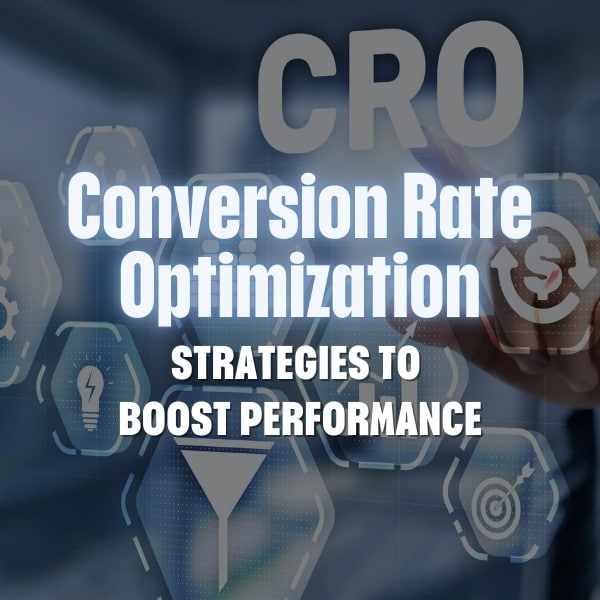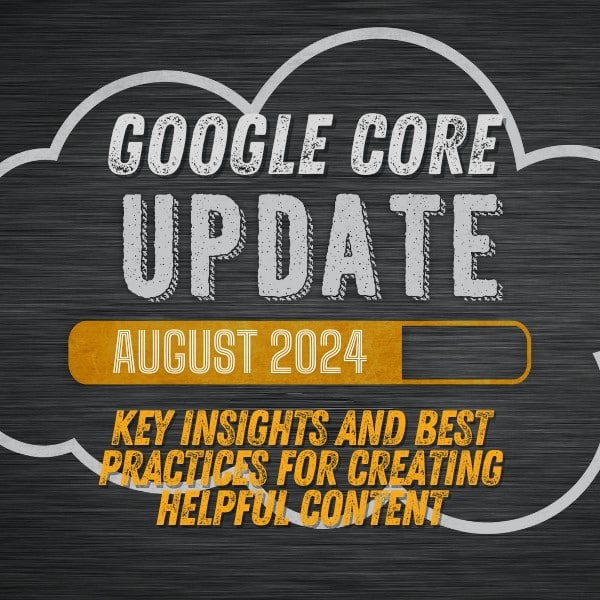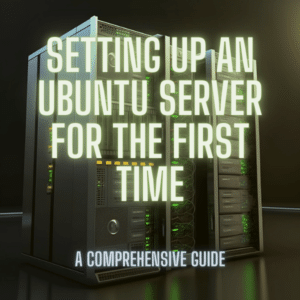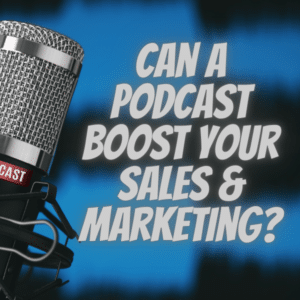Why you can trust Sunlight Media
- Expertise and Experience:Our content is crafted by seasoned professionals with extensive experience in digital marketing, ensuring you receive accurate and actionable advice.
- Unbiased Information:We provide impartial insights and recommendations based solely on what's best for your business, without any hidden agendas or promotions.
- Thorough Research:Our articles are backed by comprehensive research and the latest industry trends, ensuring you stay informed with reliable and up-to-date information.
- Transparency and Honesty:We believe in complete transparency. We disclose our sources, methodologies, and any potential conflicts of interest, so you can trust the integrity of our content.
- Continuous Improvement:We constantly review and update our content to reflect the latest developments in digital marketing, so you always have access to the most current and relevant information.

Welcome to our comprehensive handbook for strategic marketing plans for small businesses! Are you a microenterprise owner looking to elevate your brand presence and expand your clientele? You’ve arrived at the right destination!
We have put together an extensive list of the 15 most successful marketing tactics for small businesses. These strategies range from mastering the intricacies of SEO and harnessing the capabilities of social media to capitalizing on email marketing and creating compelling content. Each of these strategies holds the potential to catapult your business towards unprecedented success.
So, without further ado, let’s delve into these transformative tips that can overhaul your marketing endeavors and propel your business to new heights.
Understanding SEO: The Key to Online Visibility for Small Businesses
When contemplating marketing strategies for your microenterprise, Search Engine Optimization (SEO) must be your starting point. SEO is the intricate blend of art and science that enhances your website’s visibility in search engine outcomes. It encompasses the adept use of keywords, optimizing your website’s framework, and curating quality content that adds tangible value to your audience.
Why is SEO vital? When executed correctly, it can drastically augment organic traffic to your website, paving the way for more prospective customers and leads. It also enhances the user experience, making it simpler for visitors to traverse your site and locate their desired information.
Bear in mind, SEO isn’t solely about saturating your content with keywords. It involves a holistic strategy that integrates on-page optimization services (keywords, meta descriptions, URL structure), off-page SEO (backlinks, social signals), and technical SEO (website speed, mobile optimization, secure connections).
Initiate with comprehensive keyword research to comprehend the terms your target demographic uses when seeking similar products or services. Then, strategically employ these keywords in your website content, meta descriptions, headers, and URLs. Make sure your website is user-friendly, fast-loading, and mobile-responsive.
By grasping and applying SEO, your small business like DPS Power can attain enhanced online visibility, amplifying traffic, leads, and sales. Stay connected for more insights on effectively leveraging SEO.
The Importance of Social Media Marketing for Small Enterprises

In the current digital era, social media marketing has transitioned from being an option to a necessity. With over 3.5 billion global social media users, these platforms present a remarkable opportunity for small businesses to connect with potential customers, engage with existing ones, and establish a robust brand identity.
Social media facilitates a more personal connection with your audience. You can share updates, propose special deals, address customer queries, and even solicit feedback to enhance your products or services. Each social media platform, be it Facebook, Instagram, LinkedIn, or Twitter, offers distinctive features to direct your marketing efforts towards the right audience.
A triumphant social media marketing strategy entails more than merely posting content routinely. It requires you to interact with your audience, respond to comments, and participate in discussions. This cultivates a sense of community and conveys to your customers that their feedback and opinions are valued.
Moreover, social media platforms offer potent advertising tools that enable you to target specific demographics, thereby making your advertising budget more effective. By targeting based on location, interests, age, etc., your message can reach the most suitable audience at the ideal time.
Social media marketing is an economical and highly impactful strategy that can significantly amplify your small business’s visibility and customer engagement. Stay tuned as we delve deeper into how to maximize the potential of these platforms.
Harnessing the Power of Email Marketing: A Must-Have Strategy
Email marketing may seem traditional in comparison to emerging digital marketing trends. However, it remains one of the best marketing methods for small businesses. Its appeal lies in its direct line of communication with your customers, offering a personal touch while maintaining professional decorum.
Executed correctly, email marketing can stimulate customer engagement, cultivate brand loyalty, and amplify sales. It serves as a stellar platform for circulating updates, offers, and customized content shaped around your customers’ interests and necessities. Moreover, by utilizing email marketing automation tools, you can dispatch targeted messages at optimal times, maximizing engagement and conversion rates.
The foundation of a fruitful email marketing campaign is building an email list. Encourage site visitors to subscribe to your newsletters by providing valuable content or exclusive offers. The aim is to construct a list of individuals genuinely invested in your business, so make the subscription procedure simple and the advantages clear.
Once your email list is set, it’s pivotal to segment it based on criteria such as customer behavior, interests, or demographics. This personalized communication is more likely to engage your audience and result in conversions.
When it comes to content, equilibrium is key. While promotional emails are crucial, ensure you provide valuable content that educates, entertains, or informs your subscribers. This could be industry updates, advice, or fresh blog posts.
Email marketing is a cost-efficient and high-ROI strategy capable of substantially enhancing your small business’s customer engagement and sales. Stay connected for more granular advice on designing engaging email campaigns.
Content Marketing: Why It’s Crucial for Small Businesses
In the realm of digital marketing, content reigns supreme. This saying is more relevant than ever for small businesses striving to establish an online presence. Content marketing, one of the most effective marketing strategies today, involves generating and disseminating valuable free content to captivate and convert prospects into customers, and customers into regular patrons.
Content marketing distinguishes itself from other strategies by prioritizing audience value. It’s not focused on direct selling, but on establishing your brand as a dependable information source in your industry. This enhances your online visibility and fosters trust with your audience.
Your content can take multiple forms, including blog posts, videos, infographics, ebooks, podcasts, etc. The goal is to create relevant, engaging, and valuable content for your target audience. This content should answer their queries, solve their challenges, or provide insights they can utilize in their lives or businesses. To enhance your content strategy, embed YouTube channel on your website to offer easy access to all your video content in one place.
A triumphant content marketing strategy requires consistent content creation and distribution. Regularly refresh your blog or website with new pieces, circulate your content on social media, and apply SEO best practices to elevate your content in search engine results.
Remember, content marketing is a long-term commitment. Although it might take some time to witness substantial results, the benefits are well worth the patience. It helps cultivate a loyal audience, boost your SEO, and establish your brand as an industry frontrunner—all critical for small business success.
Content marketing is a crucial element of marketing strategies for small businesses. It’s a potent tool for building brand awareness, augmenting website traffic, and driving customer engagement. As our guide proceeds, we’ll delve into how to optimize content marketing for your small business’s triumph.
Local SEO: Boosting Your Small Business in the Local Market

Local SEO is a critical facet of marketing tactics for small businesses, particularly for those with a physical storefront or servicing a particular geographic region. It’s about enhancing your online presence to draw more business from relevant local searches on Google and other search engines.
Why does local SEO matter? Consider this statistic: almost 46% of all Google searches are for local information. If your business isn’t optimized for local search, you’re likely missing out on a substantial number of potential customers.
Local SEO strategies comprise several elements. Firstly, confirm your Google My Business profile is claimed, comprehensive, and accurate. This profile conveys valuable information to potential customers, such as your address, operating hours, and customer reviews.
Secondly, ensure your website is optimized with local keywords. For instance, if you’re an Austin-based bakery, your keywords might include “Austin bakery” or “best bakery in Austin.” This aids search engines in understanding your local relevance and bolsters your visibility in local search results.
Customer reviews significantly influence local SEO. Encourage satisfied customers to leave reviews on Google or other pertinent platforms. Positive reviews improve your business’s online reputation and signal to search engines that your business is trustworthy and reliable.
Lastly, local link building can also provide a boost to your local SEO. This involves securing links to your website from other local businesses or organizations. These local backlinks can enhance your site’s authority and relevance in local search results.
Automating these processes can save time and ensure consistency in your link-building efforts. By utilizing a link-building automation tool, you can efficiently manage and scale your outreach, tracking, and reporting activities. This not only streamlines your workflow but also helps maintain a steady pace in acquiring valuable local backlinks.
Local SEO should be a cornerstone of your marketing strategies if you’re a small business looking to attract more local customers. Stay tuned as we delve deeper into more strategies specifically tailored to optimize the success of your small business
Utilizing Pay-Per-Click Advertising to Drive Traffic
Pay-per-click (PPC) advertising serves as a crucial element in an effective small business marketing strategy. In this online advertising model, businesses pay a nominal fee each time one of their advertisements is clicked, essentially purchasing visits to their site instead of acquiring them organically.
One of the most prominent forms of PPC is search engine advertising, such as Google AdWords. Advertisers can bid for an ad placement in a search engine’s sponsored links whenever a user searches for a keyword pertinent to their business offerings.
PPC advertising offers several benefits to small businesses. Firstly, it’s cost-effective since you only pay when your ad is clicked, resulting in high ROI, especially when campaigns are effectively managed. Secondly, it enables precise targeting, with ads targeted based on keywords, demographics, location, and even time of day. This ensures that your ads are seen by the right audience at the optimal time, enhancing the likelihood of conversions.
Moreover, PPC results are measurable and trackable. It provides access to data showing the number of people who viewed your ad, clicked it, and subsequently converted. This data is essential for refining your marketing strategies and enhancing your ROI.
Nonetheless, successful PPC advertising demands careful planning and management, which includes keyword research, compelling ad copy, and consistent monitoring and adjustments of campaigns for peak performance.
PPC advertising is an effective and versatile component of small business marketing strategies, capable of driving traffic, boosting sales, and enhancing brand visibility. Stay tuned for more tips on leveraging PPC and other marketing strategies to increase the success of your small business.
The Role of Influencer Marketing in Small Business Growth

Influencer marketing has grown into one of the most potent marketing strategies for businesses, regardless of their size. It involves collaboration with influencers who have a substantial online following and strong sway over their audience, promoting your products or services.
This strategy capitalizes on the trust and credibility influencers have built with their followers. When an influencer recommends a product or service, their followers are likely to heed their advice, given the trust they place in the influencer’s judgment. This can enhance your small business’s brand awareness, website traffic, and conversions.
Influencer marketing isn’t exclusively for big brands with deep pockets. Many micro-influencers, though they may have fewer followers, often have a highly engaged audience and are open to partnerships with small businesses. These influencers can often offer higher engagement rates and a more targeted audience, making them an excellent choice for small businesses.
To make the most out of influencer marketing, it’s essential to choose influencers whose values align with your brand and whose audience matches your target market. It’s also crucial to create authentic and engaging content that resonates with the influencer’s audience.
Moreover, influencer marketing isn’t about temporary promotions. Building lasting relationships with influencers can lead to more authentic endorsements, increasing the likelihood of their audience trusting their recommendations.
In conclusion, influencer marketing is a growingly important aspect of small business marketing strategies, offering significant benefits in terms of brand visibility, customer trust, and sales. Stay tuned as we continue to discuss more marketing strategies for small businesses.
The Impact of Online Reviews on Small Business Marketing
In today’s digital era, online reviews have become an essential aspect of small business marketing strategies. Studies show that 88% of consumers trust online reviews as much as personal recommendations. Online reviews help establish trust and credibility, influence consumer decisions, and enhance your SEO ranking.
For small businesses, positive online reviews can significantly enhance your reputation, providing social proof of the reliability and quality of your products or services, which can considerably influence potential customers contemplating a purchase.
On the other hand, negative reviews don’t necessarily spell doom for your business. Responding appropriately to negative reviews can demonstrate your commitment to customer satisfaction and can often convert a dissatisfied customer into a loyal one.
So, how can small businesses encourage more online reviews? A straightforward and effective method is to ask. Reach out to your existing customers who have had a positive experience and politely ask them to leave a review. This can be done through email, social media, or even face-to-face if you operate a physical location.
When responding to reviews, it’s essential always to remain professional, grateful, and helpful, regardless of whether they are positive or negative. Address any issues raised, express gratitude for their feedback, and demonstrate your commitment to improving your business based on their input.
Another important consideration is to ensure that your business is listed on relevant online review platforms. These could include Google My Business, Yelp, TripAdvisor, or industry-specific review sites.
Online reviews are a critical part of a small business marketing strategy. They build trust and credibility, influence consumer decisions, and can help your business appear higher in search engine rankings. As we continue, we will discuss more strategies and offer small business marketing advice to ensure the success of your venture.
Affiliate Marketing: An Effective Strategy for Small Businesses
Affiliate marketing is another potent tool in small businesses’ arsenal of marketing strategies. This performance-based marketing strategy involves partnering with affiliates (individuals or companies) who promote your products or services and earn a commission for each sale they generate.
Why should small businesses consider affiliate marketing? The main appeal lies in its cost-effectiveness and scalability. With affiliate marketing, you only pay when a sale is made, ensuring every dollar spent is a dollar that leads to direct revenue. Moreover, you can partner with as many affiliates as you like, increasing your reach exponentially.
To set up an effective affiliate marketing program, you need to consider the following steps:
- Identify the right affiliates: Look for affiliates with a following that aligns with your target market. They could be bloggers, influencers, industry experts, or other businesses that don’t directly compete with yours.
- Provide attractive incentives: Your affiliates must have a good reason to promote your products or services. A competitive commission rate can motivate them to put more effort into their promotional activities.
- Track and measure results: Use affiliate marketing software or services to track which affiliates are bringing in sales and measure the effectiveness of your program.
- Provide support: Equip your affiliates with the necessary resources, such as promotional materials, product information, and sales tips. The easier it is for them to promote your products, the more likely they will do it effectively.
In conclusion, affiliate marketing is an efficient and cost-effective marketing strategy for small businesses looking to increase their sales and expand their reach. Stay with us as we continue to share more marketing strategies for small businesses in our comprehensive guide.
The Importance of Customer Relationship Management (CRM) in Marketing
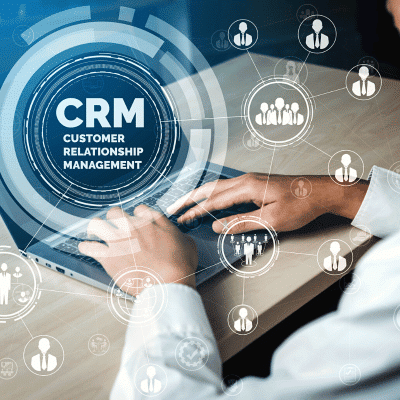
A CRM system helps businesses stay connected to customers, streamline processes, and improve profitability. Here’s why CRM is valuable for marketing:
- Enhanced Customer Segmentation: CRM allows businesses to segment customers into different groups based on factors such as buying behavior, age, geography, and more. This segmentation enables businesses to create targeted marketing campaigns that resonate with specific groups, improving effectiveness.
- Improved Customer Retention: By tracking customer interactions, businesses can identify at-risk relationships and take proactive measures to retain those customers, which is often more cost-effective than acquiring new ones.
- Measurement and Reporting: CRM systems can track the effectiveness of marketing campaigns, providing insights that can help refine marketing strategies over time.
- Personalization: With a wealth of customer data, businesses can personalize their marketing messages to meet individual customers’ needs and preferences, improving engagement and conversion rates.
- Automation of Everyday Tasks: Completing tasks like filling out forms and sending reports can be time-consuming. A CRM system can automate these tasks, freeing time to focus on executing your marketing strategy.
In conclusion, incorporating CRM into your marketing strategy can improve customer relationships, create more effective marketing campaigns, and increase sales. As we continue exploring marketing strategies for small businesses, we’ll discuss more tools and techniques to help you succeed.
Capturing Your Target Audience’s Attention with Video Marketing
Ineffective marketing strategies for small businesses, video marketing is a powerful tool that shouldn’t be overlooked. It involves using videos to promote your products or services, drive engagement on your digital and social channels, educate your audience, and reach your customers through a medium they appreciate and engage with.
The rise of platforms such as YouTube, TikTok, Instagram’s IGTV, and Facebook’s video content underscores the increasing importance of video in the marketing world. Statistics indicate that users spend a third of their time online watching videos, and 50% of consumers say they wish to see more video content from their favorite brands.
Here’s why video marketing is essential for small businesses:
- Boosts Conversion Rates: According to studies, including a video on your landing page can boost your conversion rate by up to 80%. Videos can provide detailed product descriptions that help influence purchasing decisions.
- Improves SEO: Search engines favor websites with diverse content. Adding videos to your site can significantly improve your SEO and increase the time visitors spend on your page, boosting your site’s ranking.
- Builds Trust with Customers: Videos are an effective medium for storytelling. They can add a layer of authenticity to your brand, helping to build trust with your audience.
- Encourages Social Shares: Videos, especially those with a solid emotional or entertainment factor, are more likely to be shared on social media, further increasing your reach.
To successfully leverage video marketing, it’s essential to keep your videos short and engaging, incorporate a clear call-to-action, and ensure your videos are optimized for the platform you’re using. Don’t forget to analyze your video’s performance to understand what resonates with your audience and refine your strategy accordingly.
In conclusion, video marketing can play a pivotal role in capturing your target audience’s attention and driving engagement, making it a vital part of marketing strategies for small businesses. As we progress through our comprehensive guide, we’ll continue to explore more marketing strategies designed to elevate your business growth.
Leveraging Personalization for Effective Small Business Marketing
In the context of marketing strategies for small businesses, personalization is a powerful tool that can greatly enhance customer experience and drive more meaningful engagement. Personalization involves using insights about your customers to tailor your marketing messages, offers, and product recommendations to meet their unique needs and preferences.
In today’s digital age, where customers are inundated with information and advertising messages, personalization can help your business stand out and create a stronger connection with your audience. Here’s why personalization is important in small business marketing:
Improved Customer Engagement
Personalized marketing messages can grab your audience’s attention and encourage more meaningful engagement, increasing the likelihood of conversion and repeat purchases.
Increased Customer Loyalty
By making your customers feel understood and valued, personalization can help foster stronger relationships and increase customer loyalty.
Enhanced Marketing Performance
Personalized emails and advertisements tend to outperform generic ones, leading to higher open rates, click-through rates, and conversion rates.
Better Customer Experience
Personalization can help create a seamless and relevant customer experience, increasing customer satisfaction and driving business growth.
So how can you incorporate personalization into your marketing strategy?
- Data Collection: Start by gathering as much data about your customers as possible, such as their behavior on your website, their purchase history, and their preferences and interests.
- Customer Segmentation: Use this data to segment your customers into distinct groups based on shared characteristics.
- Tailored Marketing Messages: Create tailored marketing messages for each customer segment, ensuring that each message is relevant and valuable to the recipient.
- Personalized Recommendations: Use your customer data to provide personalized product or service recommendations.
- Monitor and Adapt: Continually monitor your results and adapt your personalization strategy as needed based on your findings.
In conclusion, personalization can greatly enhance the effectiveness of marketing strategies for small businesses, leading to more meaningful customer engagement and improved business outcomes. As we explore more marketing strategies in our guide, we’ll continue to emphasize the importance of focusing on your customers and meeting their unique needs.
Mobile Marketing: Connecting with Customers on Their Devices

The prevalence of mobile usage in today’s digital age is undeniable. People use their mobile devices to do everything from checking emails and social media to shopping and conducting business. For small businesses, this presents a unique opportunity to engage customers wherever they are and whenever they’re ready.
Here are some key reasons why mobile marketing is beneficial for small businesses:
Immediate Reach
With mobile marketing, you can reach your customers instantly, no matter where they are. This immediacy allows for real-time marketing efforts that can enhance the effectiveness of your marketing campaigns.
Personal Connection
Since most individuals always have their mobile devices with them, mobile marketing can help you establish a personal connection with your customers.
Improved Customer Experience
Mobile marketing allows you to provide a better, more seamless customer experience with personalized messages and easy-to-use mobile interfaces.
Increased Engagement
You can boost customer engagement with interactive mobile content, leading to stronger relationships and more conversions.
Trackable User Behavior
Mobile marketing allows for more accurate tracking of user behavior, helping you understand your customers better and refine your marketing strategies accordingly.
To leverage mobile marketing effectively, it’s crucial to:
- Optimize Your Website for Mobile: Ensure your website is mobile-friendly, with a responsive design that adjusts to different screen sizes.
- Leverage SMS and MMS Marketing: Send timely, targeted messages to your customers’ phones. Just be sure to comply with relevant regulations and get consent first.
- Utilize Mobile Apps: Consider developing a mobile app if it makes sense for your business. An app can provide a unique platform for customer engagement.
- Focus on Local SEO: Since many mobile searches are for local businesses, ensure your business is optimized for local search.
In conclusion, mobile marketing offers a powerful way to connect with customers personally, improve customer experience, and drive more engagement. As a part of comprehensive marketing strategies for small businesses, it can help you reach new heights in your business growth.
Utilizing Retargeting Strategies for Enhanced Customer Engagement
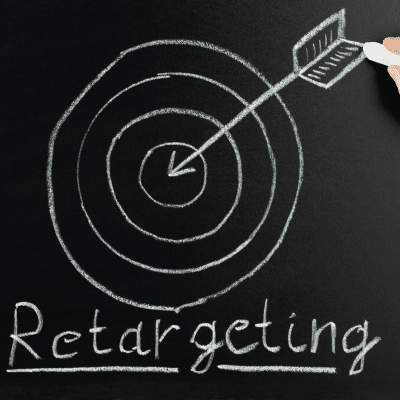
Here are some reasons why retargeting should be part of your marketing strategies for small businesses:
- Increased Conversion Rates: Retargeting can significantly improve your conversion rates since it focuses on customers who have already shown interest in your products or services.
- Higher Customer Engagement: Retargeted ads encourage previous visitors to your site to interact with your brand again, thereby increasing engagement.
- Brand Recognition: With repeated exposure to your brand through retargeted ads, customers are more likely to recognize and consider your business when making a purchase decision.
- Better ROI: Retargeting can yield a higher return on investment than other digital marketing strategies because it targets a more interested and qualified audience.
Implementing retargeting strategies effectively requires the following steps:
- Pixel Placement: Start by placing a retargeting pixel on your website. This small code will place a cookie in each visitor’s browser, allowing you to retarget them later.
- Audience Segmentation: Segment your website visitors based on their actions on your site, allowing for more targeted and effective retargeting campaigns.
- Ad Creation and Deployment: Create compelling and personalized ads for each segment and deploy them through retargeting platforms.
- Conversion Tracking and Optimization: Use analytics to track the performance of your retargeting campaigns and continuously optimize for better results.
In conclusion, retargeting is a powerful tool in the arsenal of marketing strategies for small businesses. It can help increase customer engagement, improve conversion rates, and boost your business growth. As we continue our exploration of marketing strategies, we’ll focus on other techniques that can enhance your business’s reach and impact.
The Future of Small Business Marketing: Embracing Predictive Analytics and AI
As we step further into the digital age, small business marketing strategies continue to evolve and adapt. One significant development is the growing use of predictive analytics and artificial intelligence (AI) in marketing. These advanced technologies can help businesses understand and predict customer behavior, enhance customer engagement, and ultimately drive business growth.
Predictive analytics uses data, statistical algorithms, and machine learning techniques to identify future outcomes based on historical data. Meanwhile, AI leverages machine learning and natural language processing to simulate human intelligence in machines, enabling them to learn from past data and improve over time.
Here’s how predictive analytics and AI can revolutionize marketing strategies for small businesses:
Enhanced Customer Segmentation
These technologies can analyze large volumes of data to identify patterns and segment customers more accurately, helping you create more targeted and effective marketing campaigns.
Improved Personalization
AI can help deliver highly personalized content to individual customers based on their unique preferences and behavior, improving customer experience and engagement.
Predictive Sales Analysis
Predictive analytics can forecast future sales trends, helping you make more informed marketing and business decisions.
Automated Customer Interactions: AI chatbots can automate and personalize customer interactions, providing 24/7 customer service and freeing up time for your team to focus on other tasks.
A few examples of tools that leverage predictive analytics and AI include:
- IBM Watson: IBM’s AI platform, Watson, can analyze and interpret all of your data, including unstructured text, images, audio, and video.
- Google Analytics: This well-known platform provides predictive analytics features, such as predictive audiences and predictive metrics, to help you anticipate future actions your customers might take.
- HubSpot: HubSpot’s marketing software includes predictive lead scoring to help you focus on the leads most likely to become customers.
- Ada: This AI-powered platform lets you build and manage AI chatbots for automating customer interactions.
In conclusion, the future of marketing strategies for small businesses lies in predictive analytics and AI. These technologies offer the potential to significantly improve customer engagement and business outcomes. As we continue to explore marketing strategies, we’ll delve deeper into other trends and technologies shaping the future of small business marketing.
Conclusion

The aim of any marketing plan is to reach your target audience. You need to communicate what makes you unique. In the end, you want to convince customers to pick your products or services. These strategies can help attract new customers. They can also boost customer loyalty and improve business performance.
We’ve discussed 15 marketing strategies here. But the best approach for your business may involve combining these strategies. You should tailor them to your specific goals and audience. It’s all about finding what works best for your unique business. You should also keep refining your strategy based on data and insights.
Implementing effective marketing plans can be complex. This is especially true for small businesses with limited resources. But with careful planning, a clear understanding of your audience, and a willingness to adapt, you can make these strategies work. You can set your business up for success.
Remember, marketing is a long-term game. It needs patience, persistence, and continuous learning. So, keep testing, refining, and exploring new strategies. With time and effort, you’ll find the best ways to connect with your audience and achieve your business goals.
In the fast-changing world of marketing, it’s crucial to stay up-to-date. We hope this guide has given you useful insights and practical tips. These will help you navigate the small business marketing landscape. Good luck with your marketing journey, and here’s to your success!

